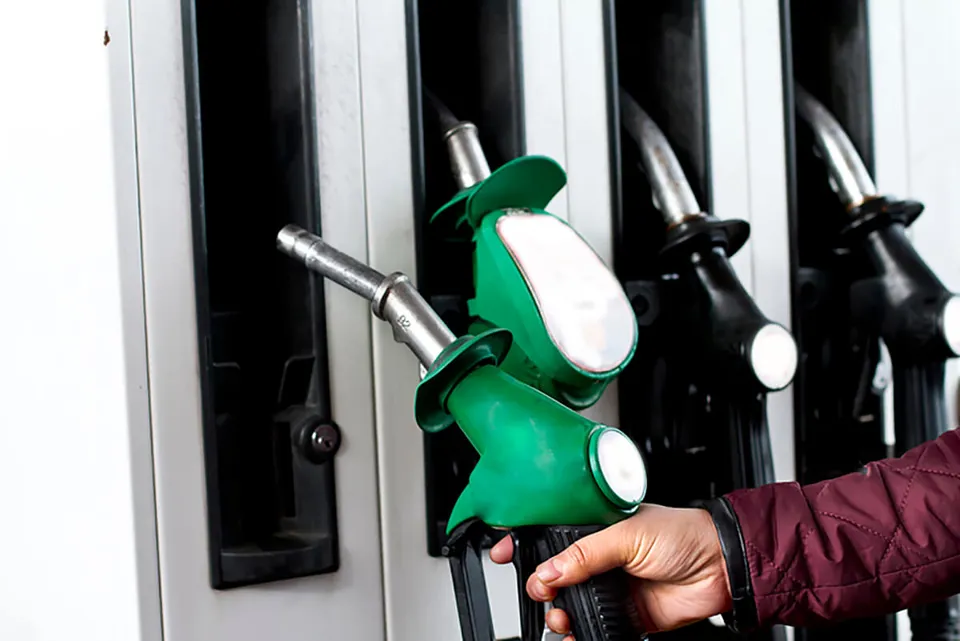In reaction to the possible impact of the proposed fuel duty may have on motorists, road safety and breakdown organisation Gem Motoring Assist is encouraging drivers to be as fuel efficient as possible and has come up with some top tips to make your tank last longer.
David Williams, MBE, ceo of Gem Motoring Assist comments, “We have never seen such a significant increase in fuel prices largely due to the VAT increase as well as high global oil prices. There are however, some steps that the everyday motorist can be taking to be as fuel efficient as possible and ensure they are getting every penny’s worth. Many of the tips are quite simple, yet many people do not realise just how much of an impact they could have.”
1. Get it Checked:
Modern car engines are complicated pieces of machinery which rely on a vast array of electronic components that can easily fail. To ensure maximum efficiency from your engine, have your car serviced regularly by a recognised garage. The money spent can make you savings in the long term.
2. 'Tread Carefully’:
Ensure that your tyres are always inflated to the correct pressure. Tyres which are under inflated by even a small amount can increase fuel consumption noticeably.
Check them at least once per month, try to check pressures when the tyres are warm after a short drive as ‘cold’ tyres give a false low pressure reading.
3. Lose Weight:
Never carry unnecessary weight in the car as it will reduce efficiency. Golf clubs, push chairs, tool boxes etc can 'weigh down' a car so remove them when they are not needed. Also remove roof racks, cycle racks, storage boxes etc when they are not being used as they affect the aerodynamics of the car.
4. Hot & Cold:
Do not waste fuel by warming the car before a journey. However a warm engine is more efficient than a cold one so try to carry out all your trips in succession so that the engine does not get cold between stops.
5. Plan Ahead:
Take a little time to plan your journeys to avoid congestion, to ensure you take the best route and that you know exactly where you are going. An unplanned detour because you are lost can be a very costly error in terms of wasted fuel. Plan you day's trips so that you avoid unnecessary duplication of the same journey.
6. Slow Down:
By reducing your average speed by just a few MPH can have noticeable effect on your fuel consumption and your wallet. Driving at 70 MPH uses 9% more fuel than driving at 60 MPH.
Cruising at 80 MPH (a recent suggestion to raise the motorway limit) uses a staggering 25% more fuel than driving at 70 MPH.
7. Nice and Easy does it:
Most drivers could save a significant amount of fuel by simply reading the road further ahead and slowing earlier for traffic lights and other hazards thus avoiding unnecessary acceleration, heavy braking and then acceleration while pulling away again. Carrying out these manoeuvres in a steady more controlled way will not add to your journey time but will reduce your fuel bill.
Driving more 'gently' avoiding harsh acceleration and using the gearbox to gain a higher gear more quickly could possibly be the best fuel efficient tip. Where possible change up before reaching 2,500 rpm (petrol) 2,000 rpm (diesel).
If you are in a long hold up and you are stationary for more than a couple of minutes switch your engine off to save fuel. Modern cars use virtually no extra fuel when they are re-started without pressing the accelerator.
Most newer cars have an indicator showing fuel consumption, normally expressed in mpg which is constantly monitoring your driving efficiency. Make a greater effort to improve this figure on every journey. It can become quite addictive to try and increase the mpg shown.
8. Keep Your Cool:
Most newer cars are fitted with air conditioning. If the extra cooling is not needed by you or your passengers switch the air conditioning off to reduce demand on the engine. However, the system must not be turned off for long periods as harmful bacteria can build up and could prove costly to repair. Use air conditioning sparingly but ensure it is on for several minutes at least every couple of weeks.
Remember, at higher speeds opening car windows may save the use of the air conditioning but it will increase the 'drag' on the car thus outweighing the fuel saving. So keep windows and sun roofs closed on faster roads.
9. Exploring for fuel:
The price of fuel can vary greatly between suppliers. However, if it requires an extra journey to seek out where to save a few pence per litre there may not be an overall saving in money. Try to remember where the best deals are and fill up when you are passing rather than make a separate journey.
10. A bit drastic:
If you are able to avoid just one journey each week by walking or cycling the saving of money at the end of the year could be substantial.
If you are thinking of changing your car consider carefully your true needs as it may be possible to swap to a smaller, more fuel efficient model. Due to recent regulations in general terms the newer the car the more fuel efficient it is likely to be. All new cars have to have clear details as to their fuel efficiency.

















Login to comment
Comments
No comments have been made yet.